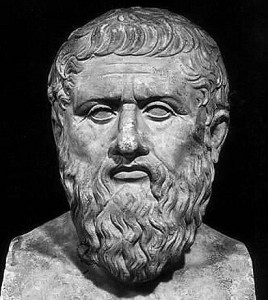Kant argues that conscious is about the I think, while Hegel argues that conscious is constituted by the I. Julian Baggini, however, believes that there is no I in conscious, but just a collection of experiences that are not connected. I listened to a Ted talk by Julian Baggini, and his argument against the I seems to fit perfectly with the essay that I wrote.
What if there is no I. We are merely jut a product of what we exposed to, or, as Baggini states, that we are a sum of our parts. But, isn’t it only logical that we see ourselves that way, since we see other items the same way. When you look at a mug, we don’t interpret it as something called a mug with a handle and a brim, but we interpret it as a whole. Thus, like how a cups characteristics defines the cup, so does our experience define us. This is seen in neurological studies where there is no part of the brain that brings our experiences together, or the I.
This may seem to be a scary sentiment, but when we really think about, it actually is very freeing. Firstly, saying that there is no I is not to say that we do not exist. The fact that there is no I shows that our experiences shape us, and it also shows that there is no one thing, the I, that defines us. We can create our own experiences, and, in a way, shape ourselves.
After reading philosopher’s works that emphasize some aspect of I, it was interesting to listen to someone that has a different opinion. Without the I, and the fact that wear shaped by our experiences, we are able to mold ourselves to be what we want to be without the restriction of I don’t like that or I don’t want to do that or deciding that the I is not fit for something. It is not to say that we can perfect what we experience, but it is more freeing to know that we are not bound to a single I, and the I’s characteristics. Baggini ends his talk with a quote:
“Well makers lead the water; fletchers bend the arrow; carpenters bend a log of wood; wise people fashion themselves.” –Dhammapada (verse 80)

